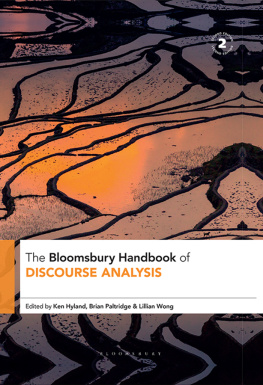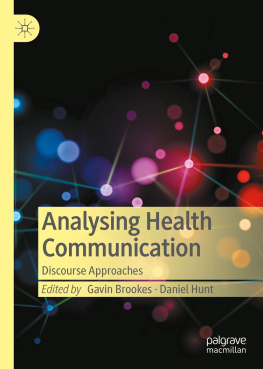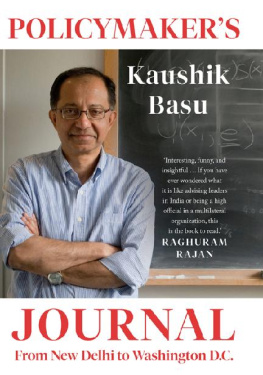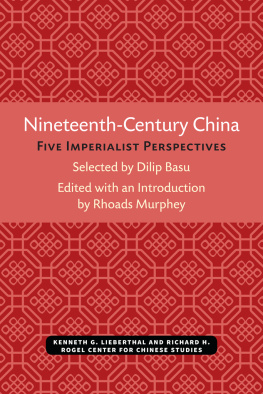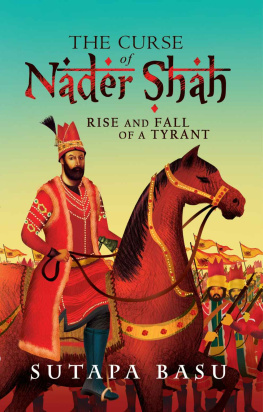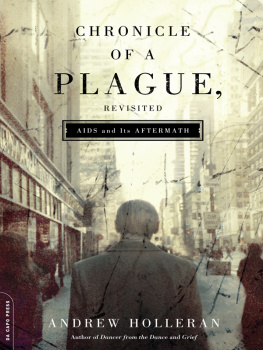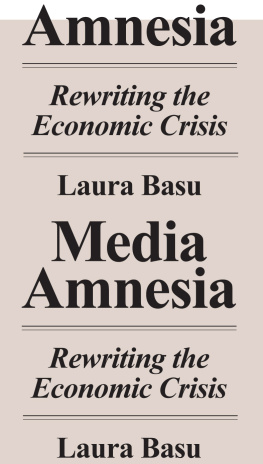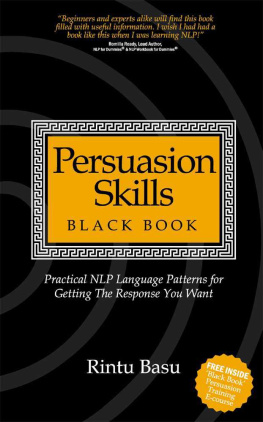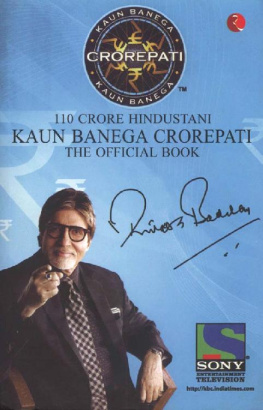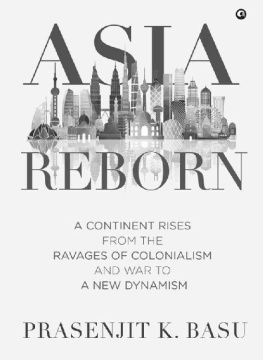This book will be of great interest to all stakeholders in the HIV and AIDS response community. The authors and editors of this timely collection provide a much-needed interrogation of policy discourses that frame the end of HIV and AIDS in the near-term as a desirable and reachable goal. No one can argue with the objective of ameliorating the HIV pandemic, but language matters. Constructs, such as a post-AIDS era, an AIDS-free generation, and ending AIDS, do violence to people with HIV, who will continue to live with the disease for decades, even if new HIV transmissions are halted by 2030 as many campaigns aspire. The experience of people living with HIV and AIDS, which includes stigma, discrimination, marginalization, and criminalization, is not sufficiently captured by discursive structures that persistently reduce the pandemic to a biomedical, rather than a relational and social, phenomenon. The engaging historical, theoretical, and empirical analyses in this book interrogate the meanings that circulate around biological science claims that virological suppression (resulting from use of antiretroviral drugs) leads to zero new HIV transmissions, which equals the end of AIDS. They document the ways in which the persistent biomedicalizing of the HIV pandemic and its response shifts attention away from social and cultural processes that are as central to the story of AIDS and to its ending as is the virus itself.
Judith D. Auerbach, Sociologist and Professor of Medicine, University of California, Berkeley
Phrases such as disease control, elimination, and eradication are core concepts in public health; so central, in fact, that they deserve much greater exploration. This is true in general and in efforts to End the Epidemic of HIV in the US and around the world. Initiatives to end the HIV epidemic (ETE) tend to focus on epidemiological, clinical, and health disparities aspects of the epidemic. Often given less attention are examinations of critical sociological, psychological, anthropologic, and social justice factors in ETE efforts. For instance, what does it mean, symbolize, and experientially feel like to be a person living with HIV in a time when the epidemic is said to be ending? Will ending the epidemic be achieved in a way that addresses long-term comprehensive health and well-being for persons living with HIV? Will these efforts serve to address societal factors in a way that actually builds HIV-related health equity? These are just a few of the types of questions explored in Post-AIDS. This volume is highly synergistic across a variety of disciplines and examines in a wide-reaching and nuanced manner the definition of a post-AIDS world and the societal characteristics of that future time. Post-AIDS is meant to challenge our traditional notions of what it means to end an epidemic, and to greatly expand our thinking about the core public health concepts of disease elimination and eradication.
David R. Holtgrave, Dean, SUNY Empire Innovation Professor, & Distinguished Professor, School of Public Health
Post-AIDS provides a necessary and scathing critique of the end of AIDS discourse. It is simultaneously an examination and an indictment of the ways that end of AIDS rhetoric is already driving trends, policy, funding, and programmatic priorities in the U.S. and globally at unspeakable cost to people living with HIV, especially those who are Black, Indigenous, and people of color. The biomedicalization of the HIV response has left unanswered calls for basic dignity and humanity of those who are most vulnerable, for housing and food security, healthcare access, and compassion; our lives are measured not by joy or safety but in viral loads. A post-AIDS vision is quite frankly, impractical, when we understand AIDS as a syndrome of interlocking oppressive syndemics racism, homophobia, transphobia, and criminalization of pleasure which are far from over.
In the United States alone, there are over a million people currently living with HIV. There is no post-AIDS for us until we are cured or dead; in an era beyond AIDS we perhaps become relegated to an inconvenience to be overlooked, rather than a danger to be policed, surveilled, and controlled.
This book is required reading for anyone who considers themselves a human rights HIV activist in the 21st century.
Naina Khanna, Co-Executive Director of Positive Womens Network, USA
Post-AIDS Discourse in Health Communication
This book examines the discourse of a post-AIDS culture, and the medical- discursive shift from crisis and death to survival and living. Contributions from a diverse group of international scholars interrogate and engage with the cultural, social, political, scientific, historical, global, and local consumptions of the term post-AIDS from the perspective of meaning-making on health, illness, and well-being.
The chapters critique and connect meanings of post-AIDS to topics such as neoliberalism; race, gender, and advocacy; disclosure; relationships and intimacy; stigma and structural violence; family and community; migration; work; survival; normativity; NGOs, transnational organizations; aging and end-of-life care; the politics of ART and PrEP; mental illness; campaigns; social media; and religion. Using a range of methodological tools, the scholarship herein asks how post-AIDS or the End of the Epidemic is communicated and made sense of in everyday discourse, what current meanings are circulated and consumed on and around HIV and AIDS, and provides thorough commentary and critique of a post-AIDS time.
This book will be an essential read for scholars and students of health communication, sociology of health and illness, medical humanities, political science, and medical anthropology, as well as for policy makers and activists.
Ambar Basu is Professor in the Department of Communication at the University of South Florida.
Andrew R. Spieldenner is Executive Director of MPact: Global Action for Gay Mens Health & Rights and Associate Professor in the Departments of Communication and Women, Gender & Sexuality Studies at California State University-San Marcos.
Patrick J. Dillon is Associate Professor in the School of Communication Studies at Kent State University at Stark.
First published 2022
by Routledge
605 Third Avenue, New York, NY 10158
and by Routledge
2 Park Square, Milton Park, Abingdon, Oxon, OX14 4RN
Routledge is an imprint of the Taylor & Francis Group, an informa business
2022 Taylor & Francis
The right of Ambar Basu, Andrew R. Spieldenner and Patrick J. Dillon to be identified as the authors of the editorial material, and of the authors for their individual chapters, has been asserted in accordance with sections 77 and 78 of the Copyright, Designs and Patents Act 1988.
All rights reserved. No part of this book may be reprinted or reproduced or utilised in any form or by any electronic, mechanical, or other means, now known or hereafter invented, including photocopying and recording, or in any information storage or retrieval system, without permission in writing from the publishers.


